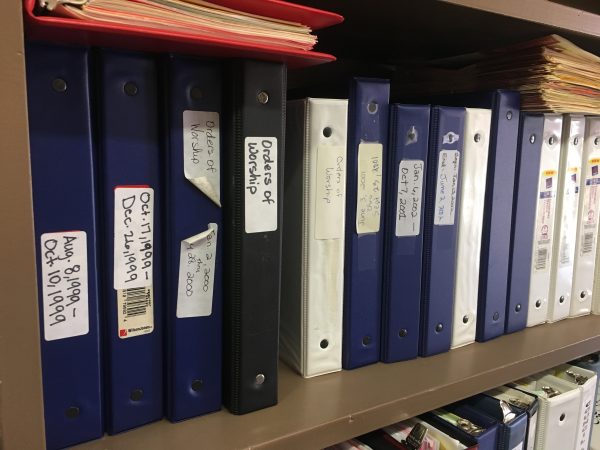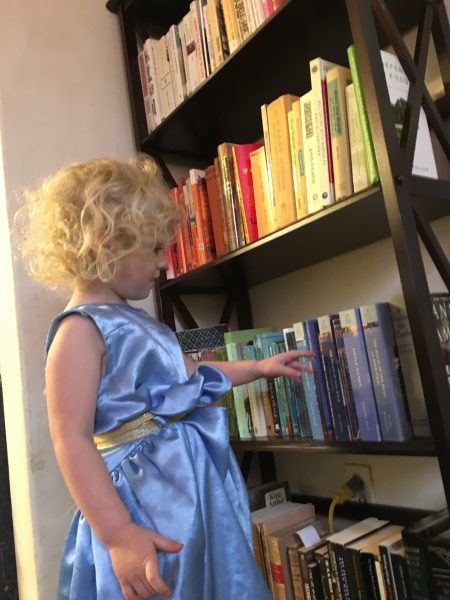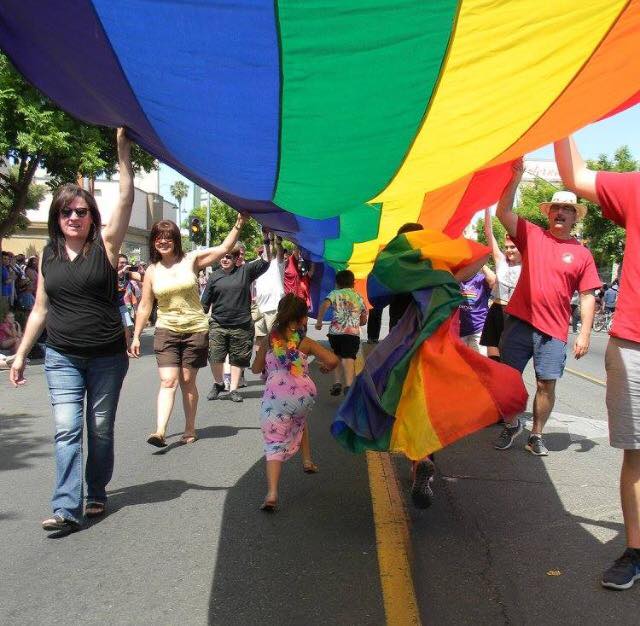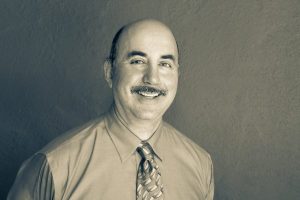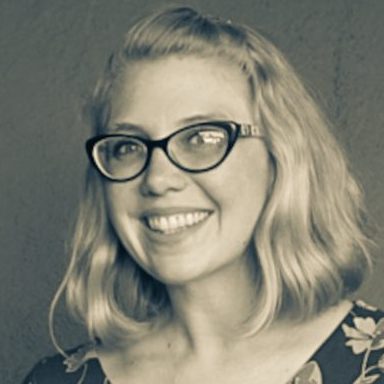 From Kim Williams, Director of Facilities, Technology, & Communication
From Kim Williams, Director of Facilities, Technology, & Communication
Dear Cary and Mollie, (Add your kid’s, your BFF’s, or your own name here if you want. This one goes out to you, too.)
On Sunday you were handed a pretty rad gift. I know it looks nothing like the Avengers Tanker Truck Takedown Lego set you’ve been pining for, but trust me, this one will last you longer — and as a bonus, it’s less likely to cause your parents to caw and curse when you leave it out on the floor and they find it with their bare feet in the middle of the night.
You probably weren’t even expecting to get anything extra on Sunday — just the usual snacks during coffee hour. But there you were, sitting on the steps at the front of the sanctuary, an antsy, excited bunch, when Pastor Ara came out with two stacks of Bibles! I remember receiving mine, and it felt like a pretty huge deal.
When you receive a Bible from the church, your name beautifully lettered on the front cover, it’s actually a promise. It’s the Church’s commitment to you that we’re all here to help you find your way. It’s hand-held proof that we will be doing our very best as your church family to provide you the tools you need to grow in your faith.
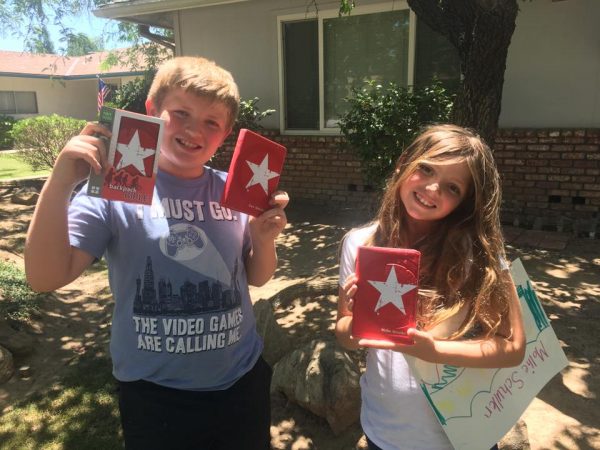
So now you have this super cool new bible (with such a soft cover, as you pointed out in the car on the way home, Cary), what are you supposed to do with it?
Mollie — you had a good idea, if a little grandiose, to open a church up at your dad’s house in the playroom. The great thing about your bible, though, is that it can be used for the big-scale things like writing a sermon, or it can be used for the small things. The inspiration to follow your dreams, or the answer to a question you have about a decision you must make. A lot of wisdom can be found in between Genesis and Revelation, and so can some epic battles, love poems, stories of friendship, advice on life, and yeah, there’s even a proverb out there that talks about dog vomit.
What’s the best way to discover these things? Use it! Open it up! Don’t be afraid to crease the pages or leave a grubby fingerprint. God doesn’t mind a Cheetos smear as long as it means you’re reading your Bible. After all, this Bible is yours. It has your name on it, for goodness sake! It’s yours to lug with you up to summer camp every year. It’s yours to keep under your pillow with your book light for those nights when you can’t fall asleep. It’s yours to highlight, to bookmark, to dog-ear, to write your thoughts in, to doodle in, and to press flowers in.
And the absolute beauty of it all? It’s yours to keep forever. Even if you move away to college or attend a different church, you can keep this piece of the Big Red Church with you. Even if you go through a rough patch and you don’t so much as look at it for a year or more, it’s still yours to crack open as soon as you’re ready for the abundance of the words within. Even when you think to yourself “I’m way too sophisticated for that Bible I got as a kid!” and you buy the fanciest fancypants Bible on the market, your church Bible will be yours.

And when you do open it again, you’ll see those underlined passages, or the note your summer camp friend passed to you in 5th grade, and the time you spent weeks obsessing over that passage from Ecclesiastes and you had notes filling all the margins. You’ll find the prayer you wrote the day after something tragic happened, or the itinerary from your mission trip. Your favorite song lyrics. A friendship bracelet. A picture of you at your confirmation.
I know this because this is what I see when I open the Bible I received from this church as a kid. I had to put it in a zippered case to keep everything from falling out! My Bible is the story of my relationship with God, and I invite and encourage you to do the same. It can be just a book, or it can be the most awesome conversation with God you’ll ever have.
Joyfully yours,
Mom
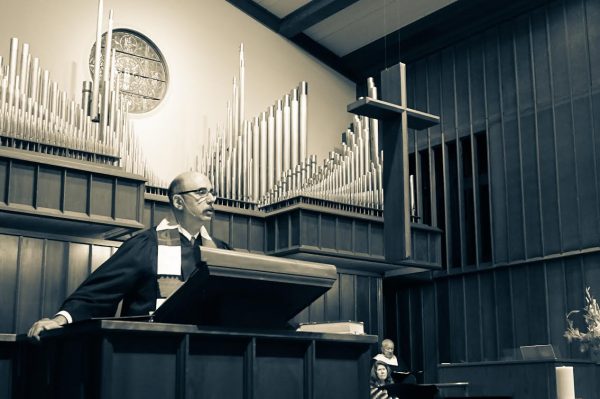 From Pastor Ara Guekguezian
From Pastor Ara Guekguezian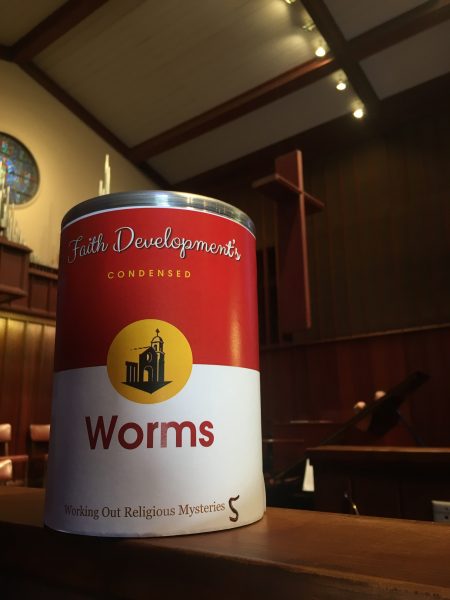 From the Faith Development Vision Group
From the Faith Development Vision Group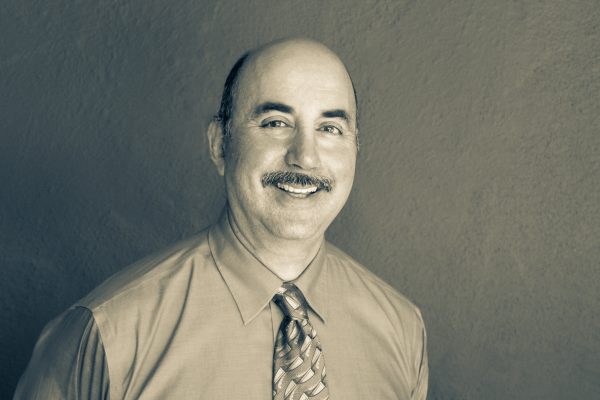 From Pastor Ara Guekguezian
From Pastor Ara Guekguezian From Kim Williams
From Kim Williams